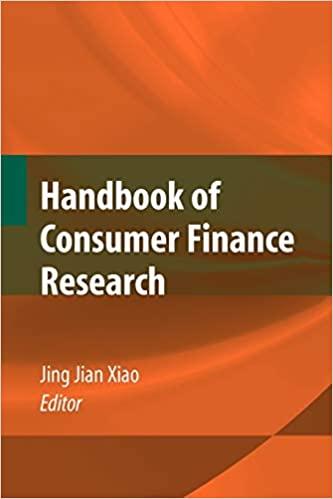Question
The law of one price and purchasing power parity ensure that even though exchange rates may fluctuate, a consumer will pay the same price for
The law of one price and purchasing power parity ensure that even though exchange rates may fluctuate, a consumer will pay the same price for an item or basket of goods no matter which currency is used in a particular country. At times, an individual or business will take advantage of exchange rates to gain more value or wealth from international trade; this is called arbitrage. Expand the explanation of these two theories, utilizing and comparing goods purchased in China with yuan and those same goods purchased in the United States with dollars. Incorporate research to fully describe purchasing power parity and the law of one price. Provide an example and explanation of how the possibility of arbitrage may be related to both of these concepts. Explain the differences between covered interest arbitrage, intermarket arbitrage, and triangular arbitrage, and how the cycle of investments and cross rates played a part. What is your opinion of this type of arbitrage as it relates to foreign exchangeis this unethical behavior or merely an investment strategy?
Step by Step Solution
There are 3 Steps involved in it
Step: 1

Get Instant Access to Expert-Tailored Solutions
See step-by-step solutions with expert insights and AI powered tools for academic success
Step: 2

Step: 3

Ace Your Homework with AI
Get the answers you need in no time with our AI-driven, step-by-step assistance
Get Started


